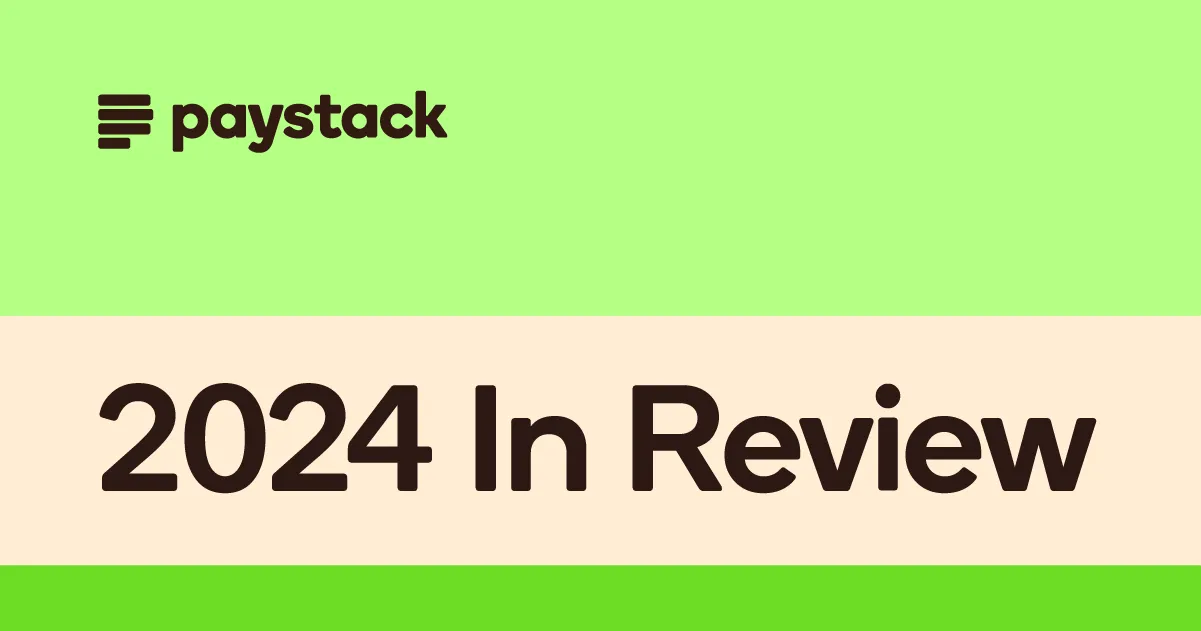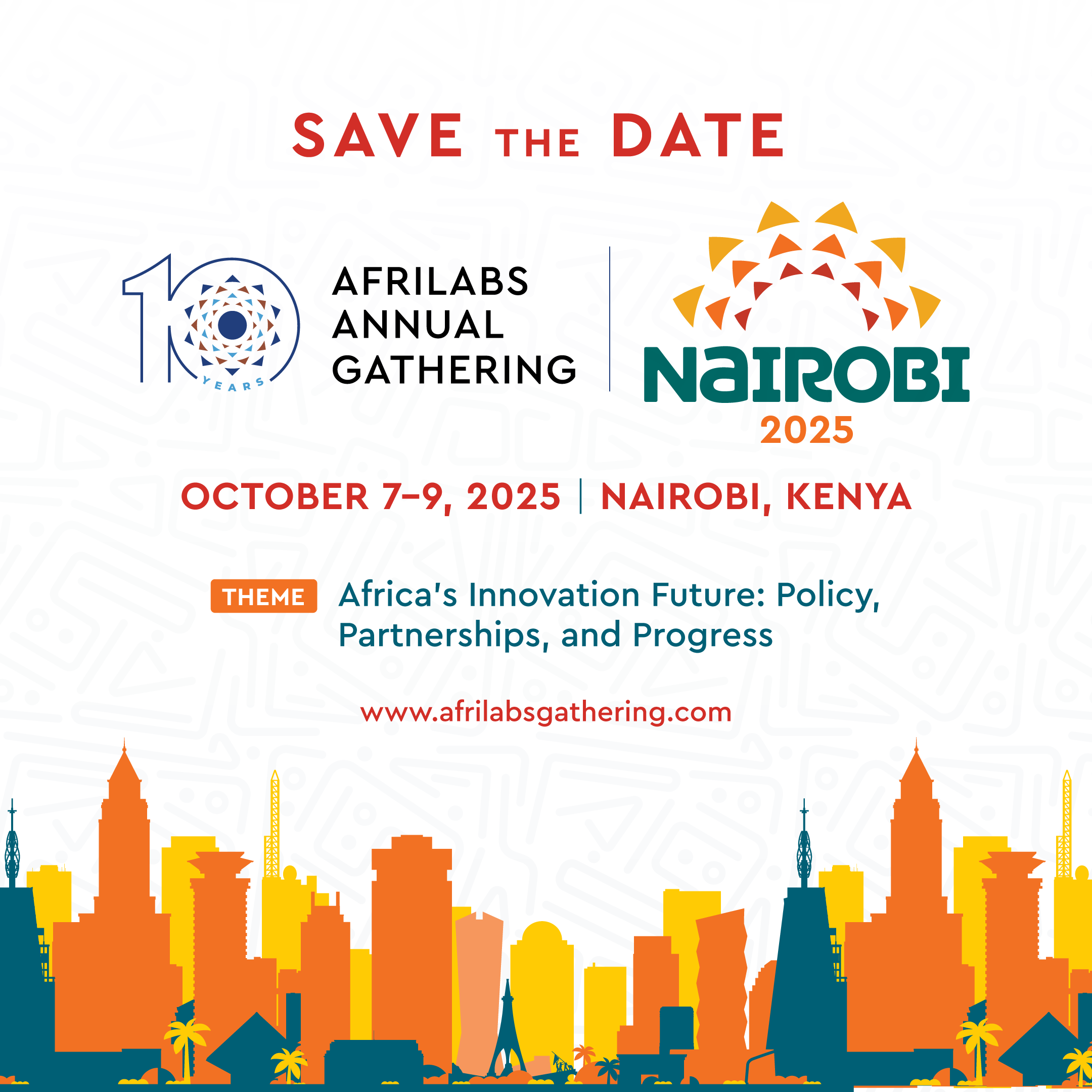- 👨🏿🚀TC Daily
- Posts
- You could pay 5% more for data
You could pay 5% more for data
Inside: Spar Group joins the MVNO shuffle.


Good morning! ☀️️️
Let's dive in.

Companies
Spar enters the mobile space backed by MTN MVNO

Spar Group, the South African retail giant, is expanding into telecoms with the launch of Spar Mobile, a prepaid mobile virtual network operator (MVNO) built in partnership with megsApp and backed by MTN.
The MVNO will offer prepaid voice, data, and SMS services and also allow customers to earn free mobile data when purchasing select promotional items at Spar and Tops! stores, potentially reducing costs by up to 50%.
To participate, customers will have to buy Spar Mobile SIM cards, priced at R15 ($0.80), and come with 300MB of data and R10 ($0.54) in airtime. The service supports eSIM functionality, number porting, and seamless integration with the Spar mobile app for easy account management. The model is designed for South Africa’s price-sensitive, mobile-first market, where loyalty programs and value-driven bundles are already reshaping retail and telecom competition.
Why is Spar doing telecoms? Short answer. A huge demand. South Africa’s MVNO market is projected to hit $90.91 million in 2025, according to industry estimates, driven by growing demand for flexible, low-cost mobile alternatives.
Spar follows in the footsteps of other retailers, such as Pick n Pay and TFG Connect, that have launched MVNOs via MTN’s platform. Since 2020, MTN has played a key role in enabling retail-led telecom services in South Africa, where MVNOs are projected to generate $90.91 million in 2025.
If successful, Spar Mobile could extend to other markets where both Spar and MTN operate, including Botswana and Zambia. With retailers leveraging mobile services to deepen customer loyalty and attract price-sensitive consumers, this innovative model could redefine telecom affordability in the region.
Seamless Global Payments With Fincra.

Issue accounts in NGN, KES, EUR, USD & more with one integration. Send & receive funds seamlessly across borders; no more banking hassles or complex conversions. Create an account for free & go global today.
Telecoms
Nigerians could pay 5% more in telecom fees after senate passes tax bill

Nigerians, your telecom data is about to get a little bit more expensive, but the government says you'll be okay; it's just another 5%.
It is slowly becoming expensive to stay digitally connected. One moment, you feel you're easing into the 50% telecom tariff hike that happened in February. The next minute, it's more taxes.
After the Nigeria Tax Bill (2024) was passed in the Senate on May 8, we may soon see a 5% excise duty on telecom services—especially for calls and data.
That’s on top of the 54 other taxes operators already pay. Telecom companies like MTN and Airtel, fresh off recovery from currency devaluation and 2024’s brutal losses, say they have no room to absorb this one. So, guess who gets to pick up the tab? You.
Globally, telecom taxation is common; across parts of Africa, governments tax telecom and digital services to funnel the money to other aspects of the economy. Zimbabwe taxes airtime and plans to use it to fund healthcare plans. Zambia slaps on a 17.5% excise duty on consumers, and Burkina Faso is coming for your Netflix and other streaming platforms as it levies digital service providers in the country. In Nigeria, you already pay around ₦18.33 ($0.011) per minute for calls and ₦479.17 ($0.3) for a single gigabyte. Add 5% to that, and it stings—especially for low-income users who already spend a big chunk of their income just staying connected.
Governments argue these taxes are for the greater good. Telecom operators argue it’s going to stall digital inclusion. For consumers? They just want to watch cat memes and open WhatsApp without checking their wallet. Trailing the reactions on social media, we only wish we had President Bola Tinubu on speed dial. Well, Nigerians will have to wait to see if the federal government assents the bill.
While you're at it, here's a business idea for you in this telecom-taxed economy: if you're one of those gracious souls still turning on your mobile hotspot for friends and family, maybe it’s time to monetise it. Charge them based on the time they spend using your telecom data. It's called ‘productisation.’
Power Your Business With Paga Engine

Join businesses already building smarter with Paga Engine. Get started today.
Banking
Kenyan microfinance banks are cutting jobs in their innovation departments

Kenya’s microfinance banks (MFBs) are quietly trimming their innovation teams—and it’s not just a bad day for the folks in R&D. It might actually be a bad bet for the banks themselves.
Here’s the gist: Innovation teams at MFBs aren’t just there to brainstorm cool apps. They’re the brains behind new lending models, digital onboarding, risk algorithms, and alternative credit scoring-tools that help small businesses and everyday Kenyans get loans faster. They also keep an eye on cybersecurity, which is a big deal in a country where mobile banking is king and cyberattacks are as common as Nairobi traffic jams.
But the numbers tell a worrying story. According to a fresh Central Bank of Kenya survey, only 57% of MFBs had innovation teams in 2024, down from a perfect 100% last year. Why? Money’s tight. Kenya’s 14 microfinance banks pulled in a combined KES 12.8 billion ($99 million) in revenue for 2023. For comparison, the country’s largest commercial bank, KCB, alone made KES 165.2 billion ($1.3 billion) in the same year. With profits thinning and losses mounting, MFBs are making tough calls-cutting innovation to focus on compliance and survival.
But here’s why that’s risky: MFBs punch above their weight; in 2020, they were providing a third of all credit to Kenya’s small and medium businesses. Their loans might not be cheaper, but they’re more accessible, especially for low-income and “risky” borrowers commercial banks often ignore. If MFBs stop innovating, new products will slow, security could weaken, and customers might bolt for nimbler fintechs and micro-lenders.
So, while compliance is crucial, MFBs risk losing their edge—and maybe their customers—if they let innovation gather dust. For now, Kenya’s microfinance banks are in a bind, tossing ideas at the wall and hoping something sticks.
Here’s what happened at Paystack in 2024!

See what Paystack built last year! From major product upgrades to new ways we supported African businesses. Check out our Year in Review →
CRYPTO TRACKER
The World Wide Web3
Source:

Coin Name | Current Value | Day | Month |
|---|---|---|---|
| $103,717 | + 1.04% | + 22.39% | |
| $2,665 | + 8.56% | + 62.62% | |
| $1.42 | + 39.52% | + 197.00% | |
| $181.48 | + 7.05% | + 35.98% |
* Data as of 06.00 AM WAT, May 14, 2025.
Post Jobs on Jobberman for Free!

Hiring just got easier! Post your jobs on Jobberman for FREE and connect with 3 million+ qualified candidates. No fees, no stress - just smart, seamless recruitment. Start here.
Opportunities
- Village Capital is offering early-stage startups in Africa the chance to join its Greentech Africa 2025 accelerator. The programme supports climate tech ventures building solutions in energy access, sustainable agriculture, circular economy, and related sectors. Selected startups will receive mentorship, investor connections, and capacity-building support. The programme is open to founders based in Africa with market-validated solutions tackling climate challenges. Apply here.
- AfriLabs Annual Gathering 2025 lands in Nairobi, October 7–9, spotlighting Africa’s innovation future through policy, partnerships, and progress. Be part of the discussion here.

Moonshot Is Back, Bigger, And Bolder!

Africa’s flagship tech event is back, this time with more depth, new formats, and a sharper focus on execution. With the theme Building Momentum, Moonshot 2025 is where real conversations meet real opportunities. If you’re building products, writing policy, or funding innovation, this is where your next move starts. Watch the 2024 highlights here.
Early bird discount now available. Reserve Your Spot.

Written by: Opeyemi Kareem and Emmanuel Nwosu
Edited by: Faith Omoniyi
Want more of TechCabal?
Sign up for our insightful newsletters on the business and economy of tech in Africa.
- The Next Wave: futuristic analysis of the business of tech in Africa.
- TC Scoops: breaking news from TechCabal
P:S If you’re often missing TC Daily in your inbox, check your Promotions folder and move any edition of TC Daily from “Promotions” to your “Main” or “Primary” folder and TC Daily will always come to you.

How did you find today's edition of #TCDaily? |


